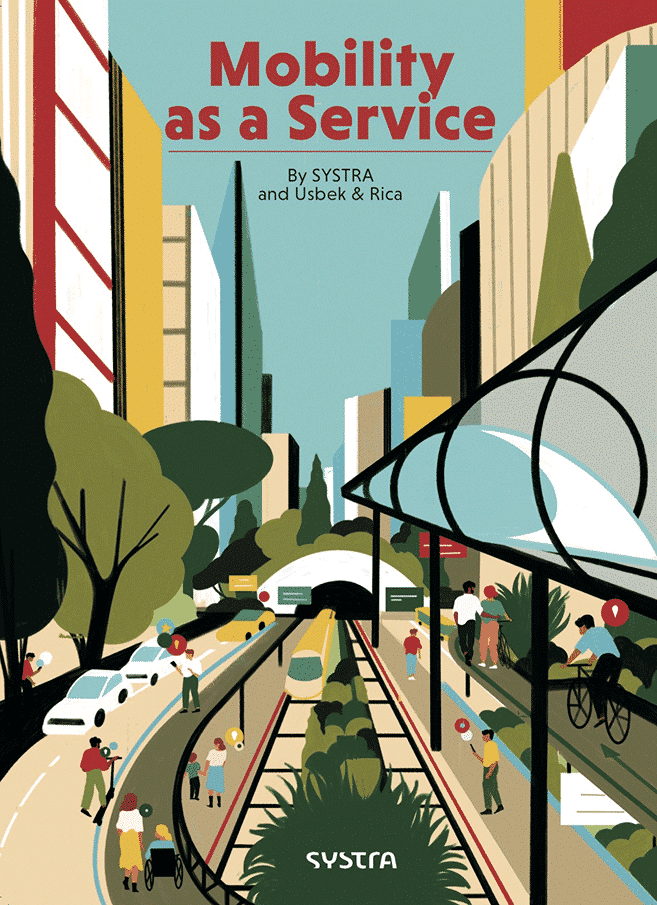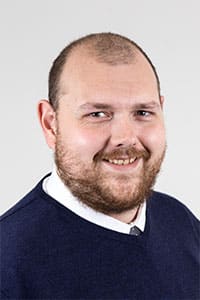MaaS, a new idea of mobility
On the one hand, changing lifestyles and technological innovations are spurring the development of the “mobility system”; on the other, climate change is forcing us to rethink this system and how it is financed.
For Maas to be an accelerator of social cohesion at the local level, communities must ensure that it continues to support public policy, not only in terms of its purpose and performance indicators, but in terms of the monetisation and security of the data collected by the system put in place.

DID YOU KNOW?
The term “MaaS” first appeared in Finland in the mid-2010s. It embodies the idea of a single mobility service enabling seamless travel and integrating different modes of public and private transport within a single interface.
The concept applies to both urban and rural areas, in which the availability of and demand for transport services can be very different.
END-TO-END SUPPORT, FROM THE DATA FORMAT TO MONETISATION
Our goals:
- To guide you through the definition of a MaaS project (business model, governance, partnership strategy, scope of action, levers for behavioural change, etc.) according to your mobility policies;
- To provide technical expertise during the design and rollout of the MaaS tool while prioritising open, standard solutions;
- To inform future decision-making based on the data collected by the tool, through a better understanding of demand and mobility.
With a network of 50 specialist MaaS consultants in our various subsidiaries (United Kingdom, Australia, Brazil, Southeast Asia, Middle East, United States, France), we can draw on our global experience once we have analysed your specific needs and local challenges.

MAAS AS VIEWED BY SYSTRA AND USBEK & RICA
With projects implemented around the world, SYSTRA is framing the debate around the key issues raised by MaaS, avoiding the temptation to reduce it to its technological dimension.
How can MaaS support the sustainable mobility policies of all local authorities? Is pricing a solution for controlling congestion? How can MaaS coexist alongside the car?

We believe that MaaS is an opportunity to transform the way in which sustainable transport services are delivered to users
David Alderson
Directeur associé et responsable des nouveaux services de mobilité chez SYSTRA UK & Ireland
Représentant SYSTRA au Board de MaaS Alliance
Facilitate the sharing of knowledge and experience on MaaS

To develop MaaS solutions that address mobility issues and to share the latest advances in the MaaS ecosystem, SYSTRA is involved in various think tanks both nationally (MaaS observatory set up by CEREMA in France and MaaS industry group in Australia) and internationally (Combined Mobility committee of the International Association of Public Transport (UITP) and the MaaS Alliance, whose board SYSTRA sits on).
Since 2020, as part of Ponts Formations Conseils (France), SYSTRA has co-hosted a training session with Christophe Wolf (Mulhouse Alsace Agglomération) on “Getting to grips with digital technology in mobility”, to give local authorities more insight into the digital transformation of mobility. This transition is revolutionising the sector, requiring all stakeholders to develop new skills.

WHEN DIGITAL TECHNOLOGY SUPPORTS DECISION-MAKING
In 2019, SYSTRA launched QETO, its app development, data processing and data science studio. The aim was to meet new customer demand for monetising data, to explore new digital and data competencies, and to support our consultancy and planning services.
Our studio combines the Group’s business expertise with UX/UI design, developers and product owners.
 Australia
Australia  Brazil
Brazil  Canada
Canada  China
China  Denmark
Denmark  France
France  India
India  Indonesia
Indonesia  Ireland
Ireland  Italy
Italy  Malaysia
Malaysia  New Zealand
New Zealand  Norway
Norway  Poland
Poland  Saudi Arabia
Saudi Arabia  Singapore
Singapore  South Korea
South Korea  Sweden
Sweden  Taiwan
Taiwan  Thailand
Thailand  United Kingdom
United Kingdom  United States
United States  Vietnam
Vietnam